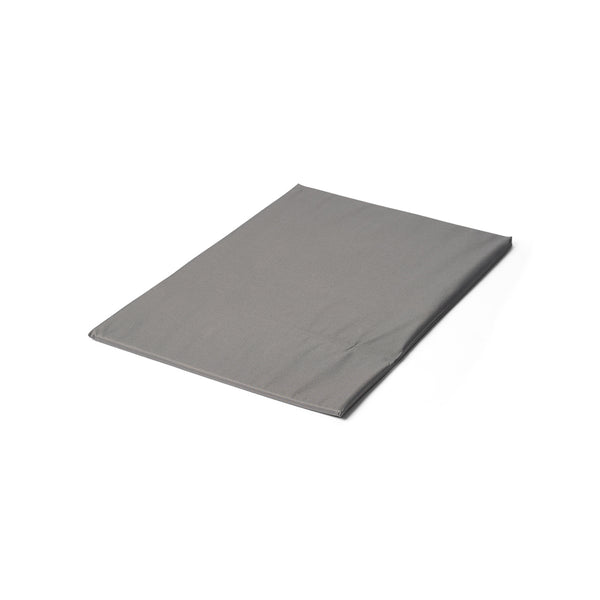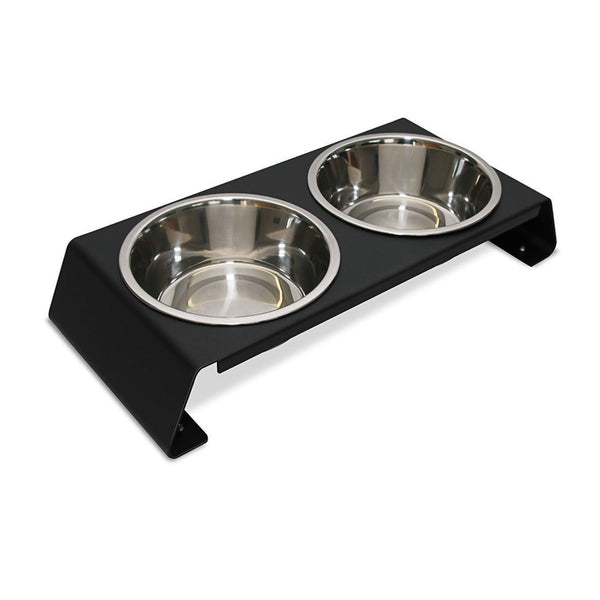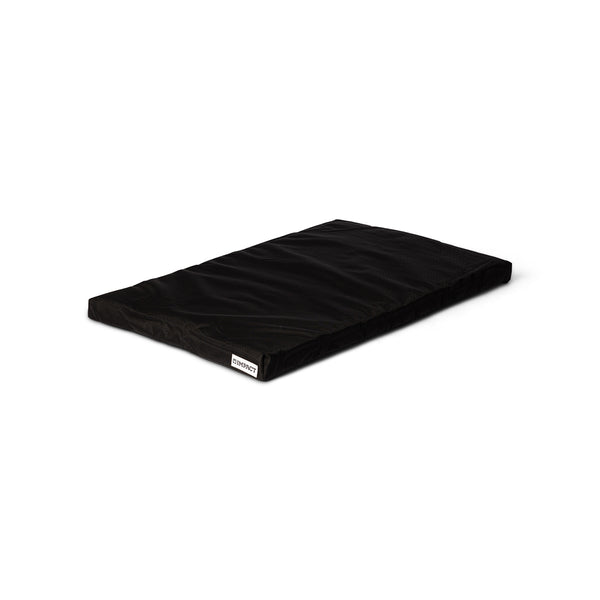Coconuts are a popular ingredient used in a variety of forms, including water, cream, and flesh. But if you’re wondering whether this tasty treat is safe for your furry friend, the good news is: Yes, dogs can eat coconuts! However, like any treat, there are a few factors to consider to ensure your puppy stays healthy and happy.
Health Benefits of Coconut for Dogs
Coconut is packed with nutrients that can support your dog’s overall well-being:
- Vitamins and Minerals: Rich in B vitamins, vitamin C, and essential minerals like potassium and magnesium, coconut helps maintain healthy energy levels and supports immune function.
- Fatty Acids: Coconut contains medium-chain triglycerides (MCTs), a type of healthy fat known to improve skin and coat health, support brain function, and provide a quick energy boost.
- Antioxidants: The antioxidants in coconut combat inflammation and help reduce oxidative stress, which can promote long-term health.
Coconut oil, a byproduct of the fruit, is especially well-known for soothing dry skin and promoting a glossy coat when included in your dog’s diet in small amounts.
Potential Risks and Safe Preparation Tips
While coconut offers many benefits, it’s important to serve it correctly:
- Avoid the Shell and Husk: These parts are tough and could cause choking or damage to your dog’s teeth.
- Watch for Digestive Upset: Some dogs may experience diarrhea or vomiting if they consume too much coconut or are sensitive to its high-fat content.
- Use Natural Coconut Products: Avoid sweetened or processed coconut products, as they may contain harmful additives like xylitol.
To safely prepare coconut, remove the shell, cut the meat into small, bite-sized pieces, and introduce it slowly to your dog’s diet.
A Healthy Treat in Moderation
When prepared properly, coconut can be a delightful and nutritious treat for dogs. Its unique combination of healthy fats, vitamins, and antioxidants makes it a great addition to your dog’s diet in moderation. Always consult your veterinarian before introducing new foods, especially if your dog has existing health conditions or dietary needs.






